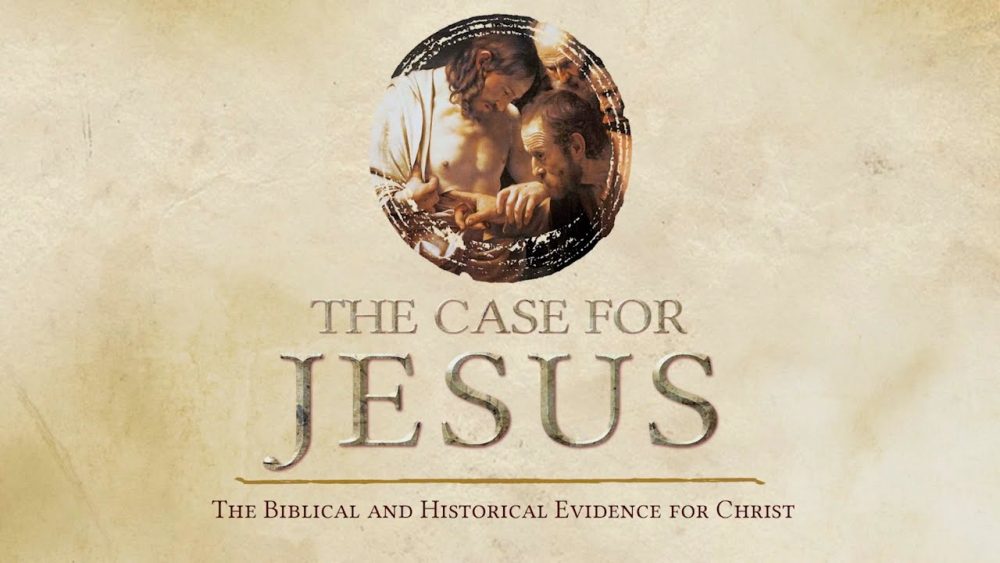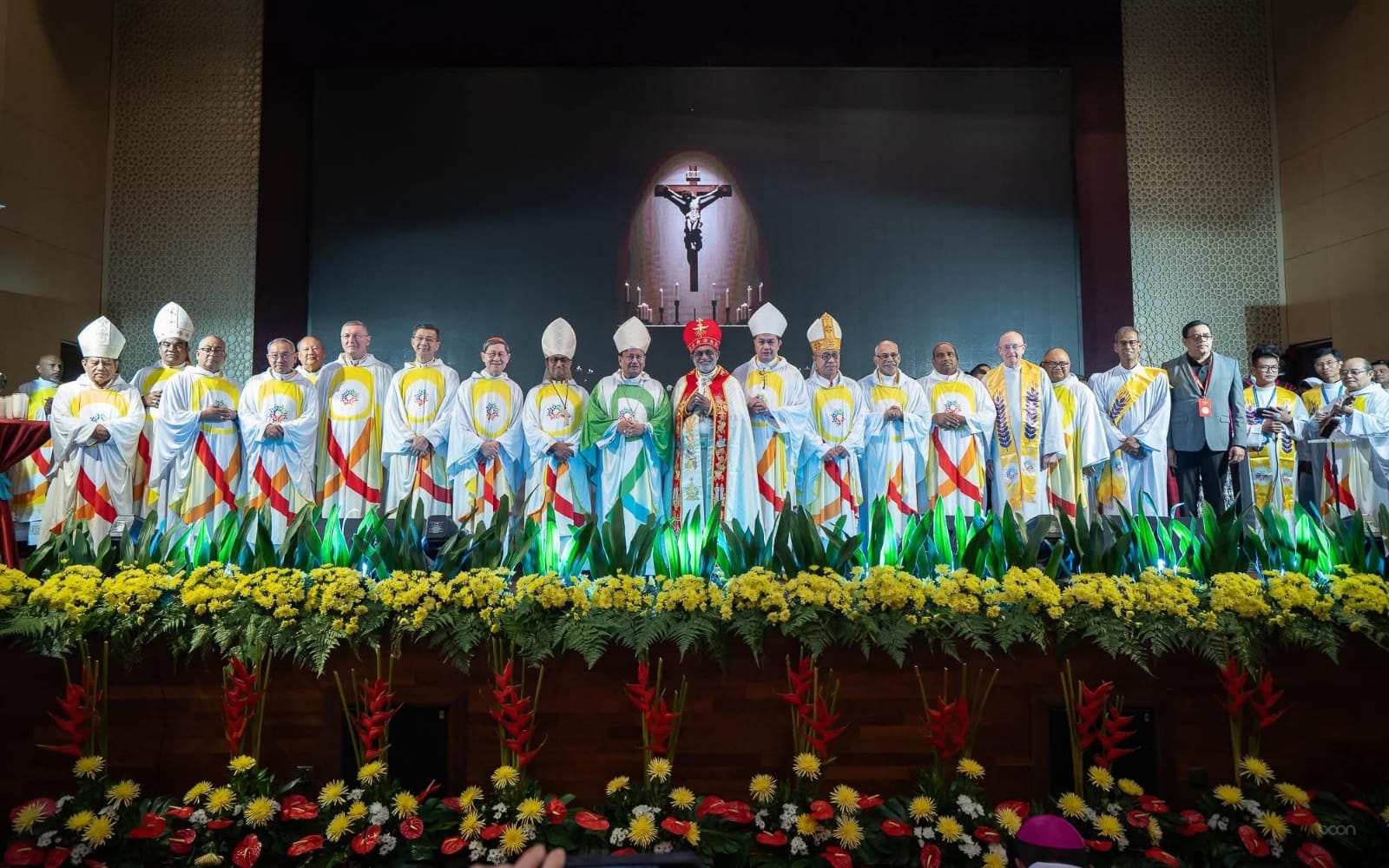Miguel Augusto
O Clarim recently published a concise reflection on the singularity of Jesus of Nazareth as religious founder (see “A unique kind of religious founder”). The piece, written by Fr José Mario Mandía for the international Catholics in Shanghai, stated Jesus was unique in his essence, mission, and legacy.
The author began his reflection by taking us to the passage of Jesus’ reading in the Temple from the book of Isaiah, where he claims to be the fulfilment of the messianic prophecy: “Today this scripture has been fulfilled in your hearing.’” (Luke 4:16-21).
Jesus revealed himself as the true Messiah announced in the Old Testament. This implies that one must believe in the authenticity of the Holy Scriptures and in the events described. The truth they proclaim has even sometimes been questioned in the academic world. There are those who argue that, in the first centuries, the Gospels didn’t even have the name of the Evangelist who wrote the Gospel. They also claim that, because of the countless copies that were made over the centuries and in various regions, that the true testimony and account was altered and lost. One such controversial figure is the academic agnostic, Bart Ehrman.
Professor of Scripture at the Augustine Institute, Dr. Brant Pitre, has written a book The Case for Jesus – The Biblical and Historical Evidence for Christ. In his literary work, in brief, Pitre gives reasoned answers defending the authenticity of the Gospels and the divinity of Christ.
In The Case for Jesus, the author contends that when we look at the actual historical evidence, we find that the four Gospels are in fact ancient Greco-Roman biographies, based on the eyewitness testimony of Jesus’ students and his followers, and written during the lifetime of the apostles.
On the question of a false creation of the attribution of the Gospels, Pitre states that there would then have been an explicit intention to give them great authority. In that way, they would not have chosen Mark or Luke who were not eyewitnesses. They would have attributed these Gospels perhaps to Peter, Andrew or even to Jesus himself. On the other hand, given the innumerable existing manuscripts, we would have copies of the Gospels even with different authorship, which is not the case.
Brant Pitre has pointed out that he shows why the first Christians – all Jewish Christians – came to believe that Jesus of Nazareth was in fact the long-awaited Jewish Messiah. He says the answer revolves around Jesus’ two favourite expressions: “the Kingdom of God” and “the Son of Man”. In his book, he claims to show that both expressions are taken directly from the book of Daniel. The author goes further and has claimed that Daniel’s prophecies were interpreted by first century Jews as, not only foretelling the coming of the Messiah, but also giving a timeline for when he would arrive.
The authenticity – historical and factual – of Jesus having revealed himself as God is at the heart of his book.


 Follow
Follow


